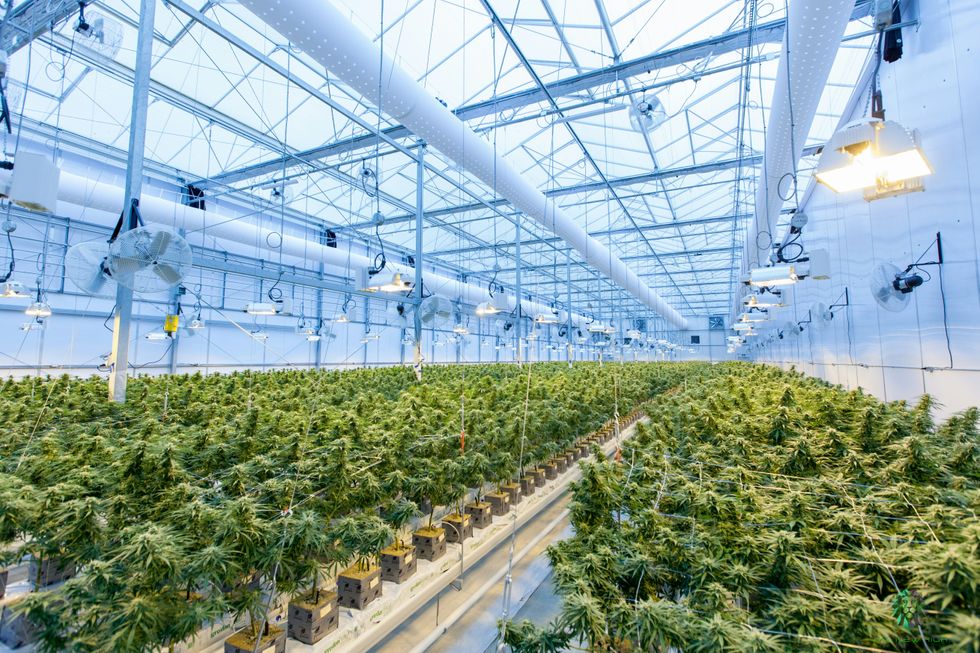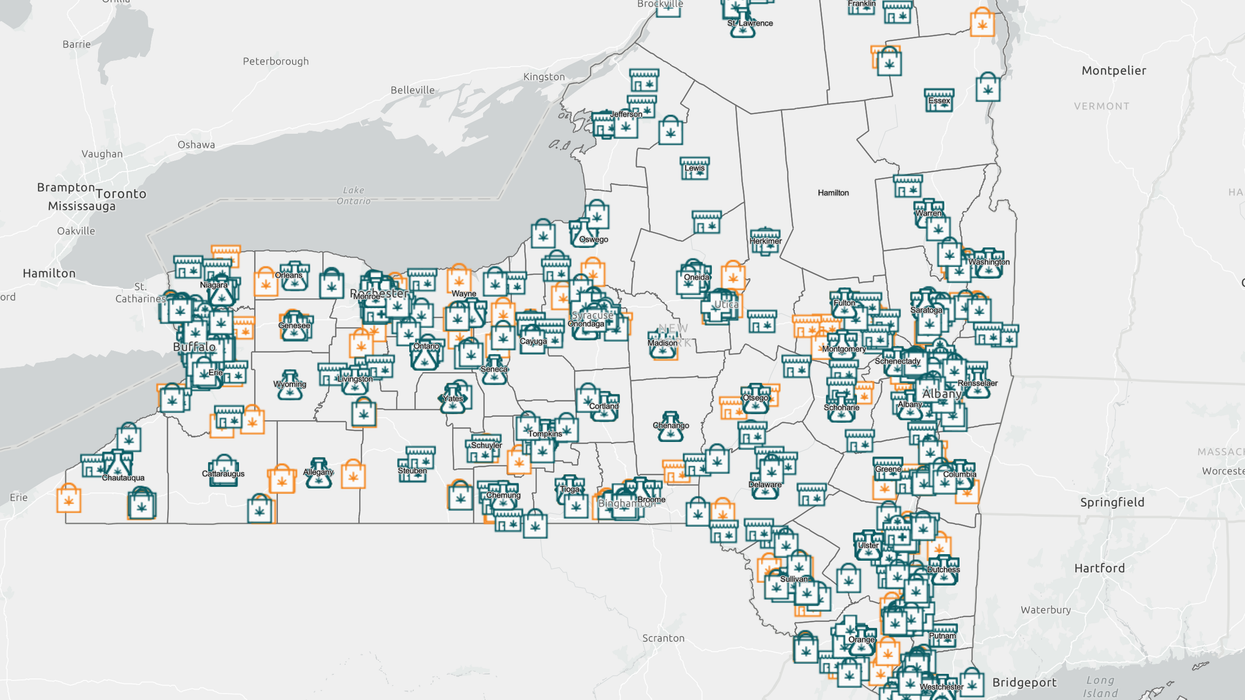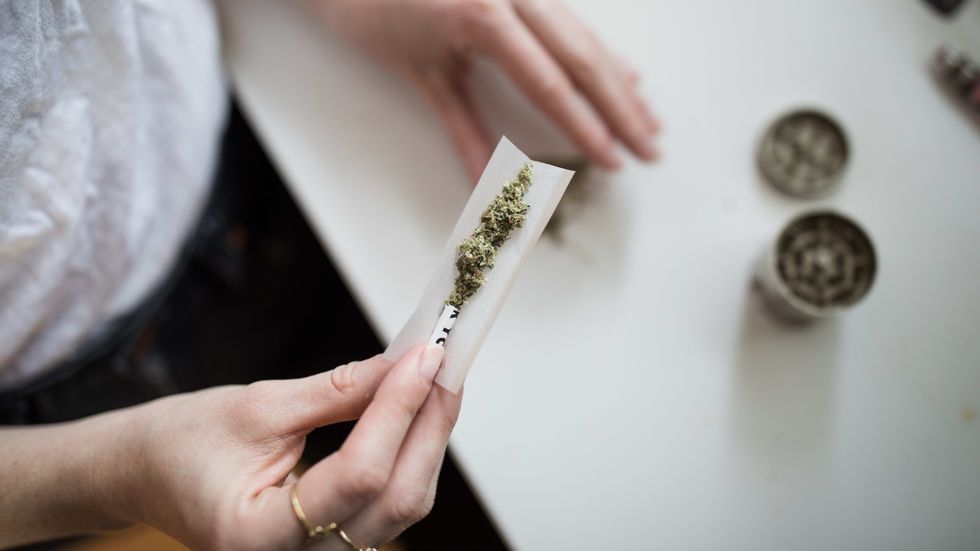The legalization of marijuana has been a topic of significant debate in the United States in recent years. As the legal landscape evolves, so do the attitudes and experiences of Americans towards this controversial plant.
We examine seven key facts about Americans' views on and experiences with marijuana, based on surveys conducted by the Pew Research Center and other reliable sources. From shifting public support to varying opinions across demographic groups, these facts shed light on the complex relationship between Americans and weed.
- Overwhelming Support for Legalization: The fact that around nine out of ten Americans believe marijuana should be legal for either medical or recreational use highlights the significant shift in public opinion on this issue. This widespread support indicates a growing recognition of the potential benefits of marijuana, both for medical purposes and personal recreational use. It also reflects a desire to move away from the criminalization of a substance that many perceive as less harmful than alcohol or tobacco and certainly opiods.
- Demographic Disparities in Support: The demographic disparities in support for marijuana legalization underscore the influence of age and political affiliation on public opinion. The older generation's lower support may be attributed to traditional views on drug use and the perception that marijuana is associated with negative consequences. Conversely, younger adults tend to be more open to marijuana legalization, possibly due to increased exposure to pro-legalization arguments and changing societal norms.
- Racial and Ethnic Disparities: The disparities in support among racial and ethnic groups highlight the importance of considering diverse perspectives in the legalization debate. Understanding the reasons behind these disparities can help inform efforts to address potential inequities in marijuana policy and ensure equal access to the benefits of legalization. It is crucial to explore the cultural, social, and historical factors that shape individuals' views on marijuana across different communities.
- Evolving Support Over Time: The significant increase in support for marijuana legalization over the past two decades reflects a societal shift towards a more progressive and evidence-based approach to drug policy. This shift can be attributed to factors such as increased awareness of marijuana's potential medical benefits, successful legalization efforts in various states, and changing perceptions of marijuana as a relatively benign substance compared to other legal drugs.
- Usage Statistics: The data on marijuana usage highlights the gap between public support for legalization and actual personal experience with the drug. Despite high levels of support, a substantial portion of the population has never used marijuana. This suggests that support for legalization is not solely driven by personal use but also by broader considerations such as social justice, public health, and personal freedom.
- Easing Penalties and Expunging Convictions: The support for easing penalties and expunging marijuana-related convictions reflects a growing recognition of the disproportionate impact of marijuana laws on marginalized communities. The fact that younger adults, Democrats, and Black Americans are particularly supportive of these changes suggests a desire for criminal justice reform and rectifying the injustices caused by the War on Drugs. Such reforms can help address the systemic inequities perpetuated by the enforcement of marijuana laws.
- Changing Legal Landscape: The increasing number of states legalizing marijuana for recreational use and the expanding availability of medical marijuana programs indicate a significant shift in the legal landscape surrounding marijuana. With 23 states and the District of Columbia allowing adult recreational use and more than three dozen states implementing medical marijuana programs, nearly half of the American population now lives in a jurisdiction where recreational marijuana is legal. This trend reflects a broader acceptance of marijuana as a legitimate industry and a departure from the previous approach of prohibition.
However, it is important to note that despite the growing acceptance and legalization, there are still areas where marijuana remains illegal for recreational use, and the federal government continues to classify it as a Schedule I controlled substance. The ongoing debate over marijuana policy reflects the complex interplay between state and federal laws, leading to variations in access, regulation, and enforcement across the country.
The implications of these facts are significant. The widespread support for marijuana legalization indicates a changing societal attitude towards drug use and a growing recognition of the potential benefits of marijuana, including its medical applications. It also signifies a shift in priorities, with an increasing number of Americans viewing marijuana as a social and economic opportunity rather than a threat.
The demographic disparities in support highlight the importance of understanding and addressing the concerns and perspectives of different age groups, political affiliations, and racial and ethnic communities. Policymakers and advocates must engage in constructive dialogue to bridge these gaps and ensure that marijuana legalization efforts are equitable and inclusive.
Moreover, the evolving support over time suggests that public opinion on marijuana is dynamic and subject to change. As scientific research on marijuana continues to expand and more states explore various approaches to regulation, attitudes may continue to evolve, potentially leading to further changes in laws and policies.
The statistics on marijuana usage provide valuable insights into the prevalence of marijuana consumption among Americans. Despite the high levels of public support for legalization, a substantial portion of the population has not personally used marijuana. This highlights the fact that support for legalization is not solely driven by personal experience but also by broader societal considerations such as public health, social justice, and individual liberties.
Lastly, the changing legal landscape and the increasing number of states legalizing marijuana for recreational and medical use have implications for law enforcement, taxation, public health, and social justice. The expansion of medical marijuana programs provides access to potential therapeutic options for patients, while the legalization of recreational use opens up new economic opportunities and tax revenue streams for states.
In conclusion, the data paints a comprehensive picture of the changing attitudes and experiences surrounding this contentious plant. As public support for legalization grows, policymakers, healthcare professionals, and communities must work together to navigate the complex challenges and opportunities presented by marijuana legalization in a manner that is equitable, evidence-based, and focused on promoting the well-being of individuals and society as a whole.







 When it comes to pricing, cultivation methods matter - The Bluntness
Photo by
When it comes to pricing, cultivation methods matter - The Bluntness
Photo by 






 How to Make a Cannagar Without a Mold: A Comprehensive Guide - The Bluntness
Photo by
How to Make a Cannagar Without a Mold: A Comprehensive Guide - The Bluntness
Photo by 



 Best Weed Smoking Games to Try - Jammin'
Best Weed Smoking Games to Try - Jammin' The 31 Best Weed Smoking Games To Try
The 31 Best Weed Smoking Games To Try The Best Weed Smoking Games
The Best Weed Smoking Games The Best Weed Smoking Games to Try
The Best Weed Smoking Games to Try

 Stoner Games - Games to Play While High
Stoner Games - Games to Play While High The Best Weed Smoking Games to Play
The Best Weed Smoking Games to Play The Best Weed Smoking Games to Try
The Best Weed Smoking Games to Try
 The Best Weed Smoking Games to Try
The Best Weed Smoking Games to Try
 The Best Weed Smoking Games to Play
The Best Weed Smoking Games to Play The Best Weed Games to Play
The Best Weed Games to Play The Best Weed Smoking Games to Try
The Best Weed Smoking Games to Try The Best Weed Smoking Games to Play
The Best Weed Smoking Games to Play The Best Weed Smoking Games to Try
The Best Weed Smoking Games to Try Games for Stoners
Games for Stoners  woman in white and blue floral shirt sitting beside woman in white and black floral shirtPhoto by
woman in white and blue floral shirt sitting beside woman in white and black floral shirtPhoto by 
 The Best Weed Smoking Games to Play
The Best Weed Smoking Games to Play
 The Best Weed Smoking Games to Try
The Best Weed Smoking Games to Try The Best Weed Smoking Games to Try
The Best Weed Smoking Games to Try world map with pinsPhoto by
world map with pinsPhoto by 
 The Best Weed Smoking Games to Try
The Best Weed Smoking Games to Try
 Can Drug Dogs Smell Edibles? - The Bluntness
Photo by
Can Drug Dogs Smell Edibles? - The Bluntness
Photo by  Can Drug Dogs Smell Edibles? - The Bluntness
Photo by
Can Drug Dogs Smell Edibles? - The Bluntness
Photo by 
 The Puffco Peak Pro brings style and ease to cannabis dabbing.Image from Puffco on Facebook
The Puffco Peak Pro brings style and ease to cannabis dabbing.Image from Puffco on Facebook The Puffco Peak Pro is easy to hold AND easy to use.Image from Puffco on Facebook
The Puffco Peak Pro is easy to hold AND easy to use.Image from Puffco on Facebook The Puffco Peak Pro allows you to appreciate cannabis and innovation at the same time.Image from Puffco on Facebook
The Puffco Peak Pro allows you to appreciate cannabis and innovation at the same time.Image from Puffco on Facebook